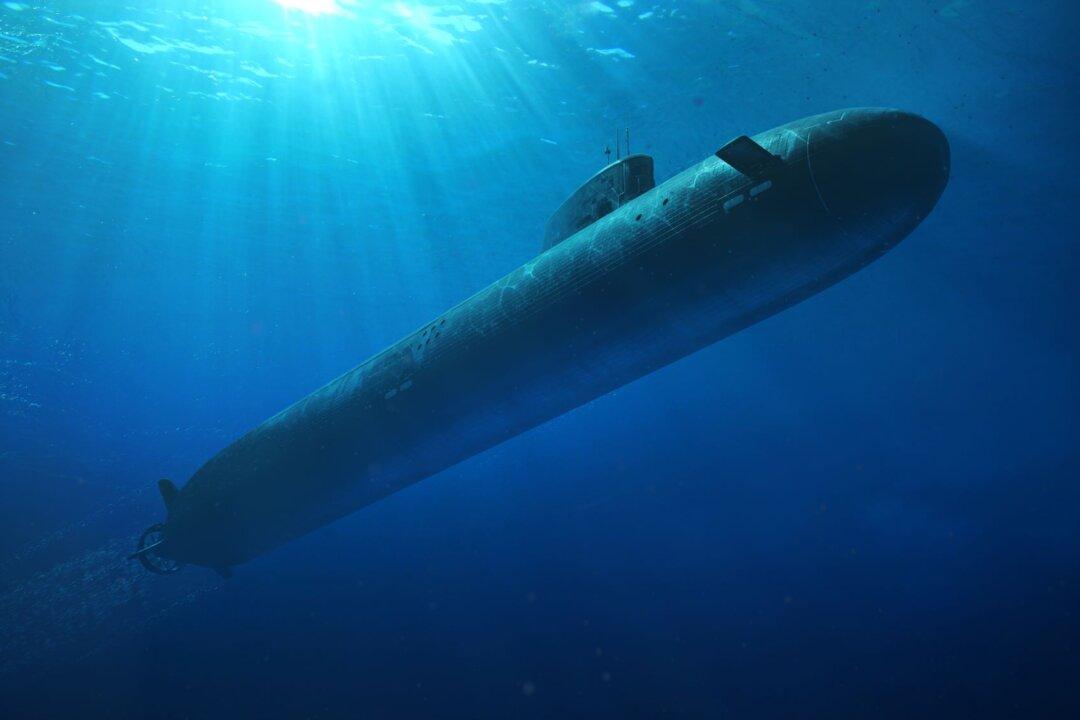Britain is to build a new fleet of nuclear submarines for Australia following the signing of a trilateral pact with the United States in San Diego on Monday.
Prime Minister Rishi Sunak signed the AUKUS deal with U.S. President Joe Biden and Australian Prime Minister Anthony Albanese, and it was then announced that Britain had been chosen to build Australia’s first tailor-made nuclear submarines, which would be delivered in the 2040s.





